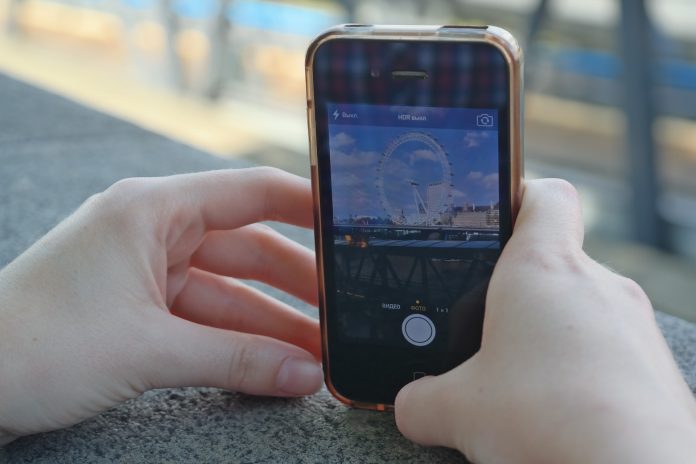Facebook has posted the agenda for their annual two day F8 Developer Conference. On April 18th and 19th, Conference goers will get to choose from over 50 sessions to attend. Based on reports from TechCrunch and Mashable, most conferences explore existing features and news. However, some sessions are giving us a sneak peek at some yet to be announced features in Instagram and Facebook Apps.
__________
Building Offline Experiences for Instagram
Not much is revealed in the session description. However, it appears as though Instagram will be gaining some new functionality in places with either low bandwidth or no service at all. This session will “introduce some of our initial explorations into offline features, and share learnings”. While Facebook Lite and Messenger Lite already offer offline support, it sounds like Instagram’s version will roll out sometime after F8.
Here is the full description from the agenda:
Instagram’s mission is to help people connect through shared experiences. 80% of the community is outside of the US, and as our platform grows, Instagram must perform across an increasing variety of devices and networks to keep people connected. For people in low-bandwidth regions, we’ve begun testing offline experiences that keep the Instagram experience consistent and let people consume and engage with content, even if they don’t have service. In this talk we’ll introduce some of our initial explorations into offline features, and share learnings you can apply to your own apps.
__________
Explore the Power of the Places Graph
Facebook looks to be updating the Places API that launched in 2010 and give it some nice new features. Location aware apps within Facebook gives businesses a new way to reach customers that are nearby. Some possibilities here could include promoting a special or providing a discount coupon.
Here is the full exert from the agenda:
Power your app with the Places Graph. We’re providing free access to the same place data that powers Facebook, Instagram, and Messenger. Learn how to use data about 140M+ places around the world to create location aware app experiences.











